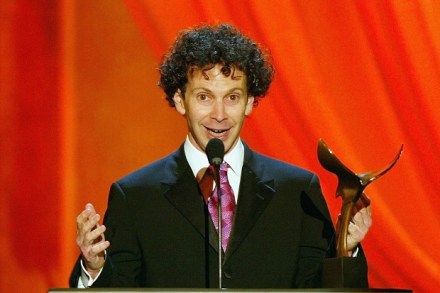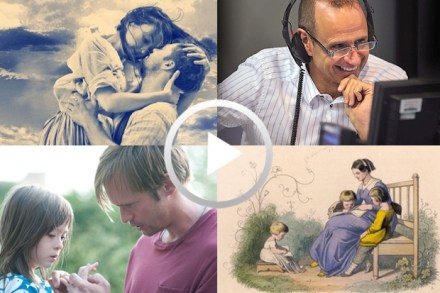The poetry of the streets
For good or ill, black West Indian culture is synonymous with youth culture in Britain today. Even among white teenagers, a Jamaican inflection (‘buff’, ‘bruv’) is reckoned hip. The ‘Jamaicanisation’ of British cities quickened after Jamaica’s independence in 1962, when more West Indians migrated to Britain, and London was poised to become the most Jamaican city in Europe. Zadie Smith is well placed to chart the vagaries of life in mixed-up, mixed-race Britain. Born in 1975 to a Jamaican mother and a British father, she grew up in the ethnically multi-shaded London borough of Brent. Her marvellous new novel, NW, crackles with reflections on race, music and migration in Brent’s














